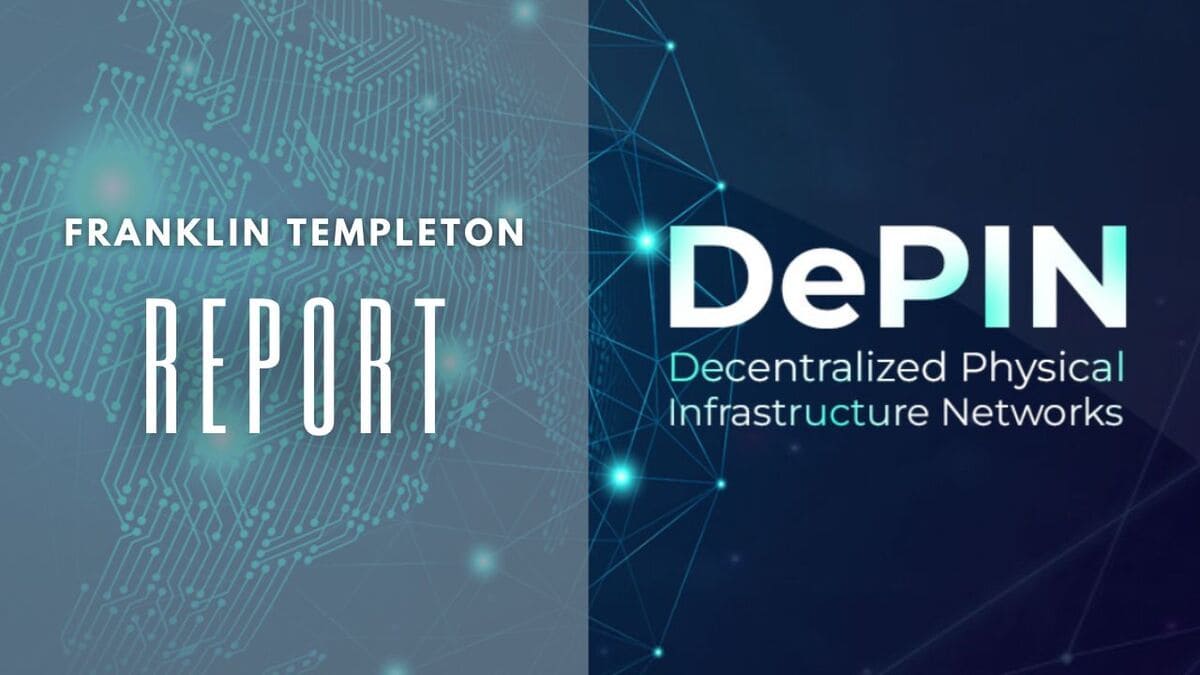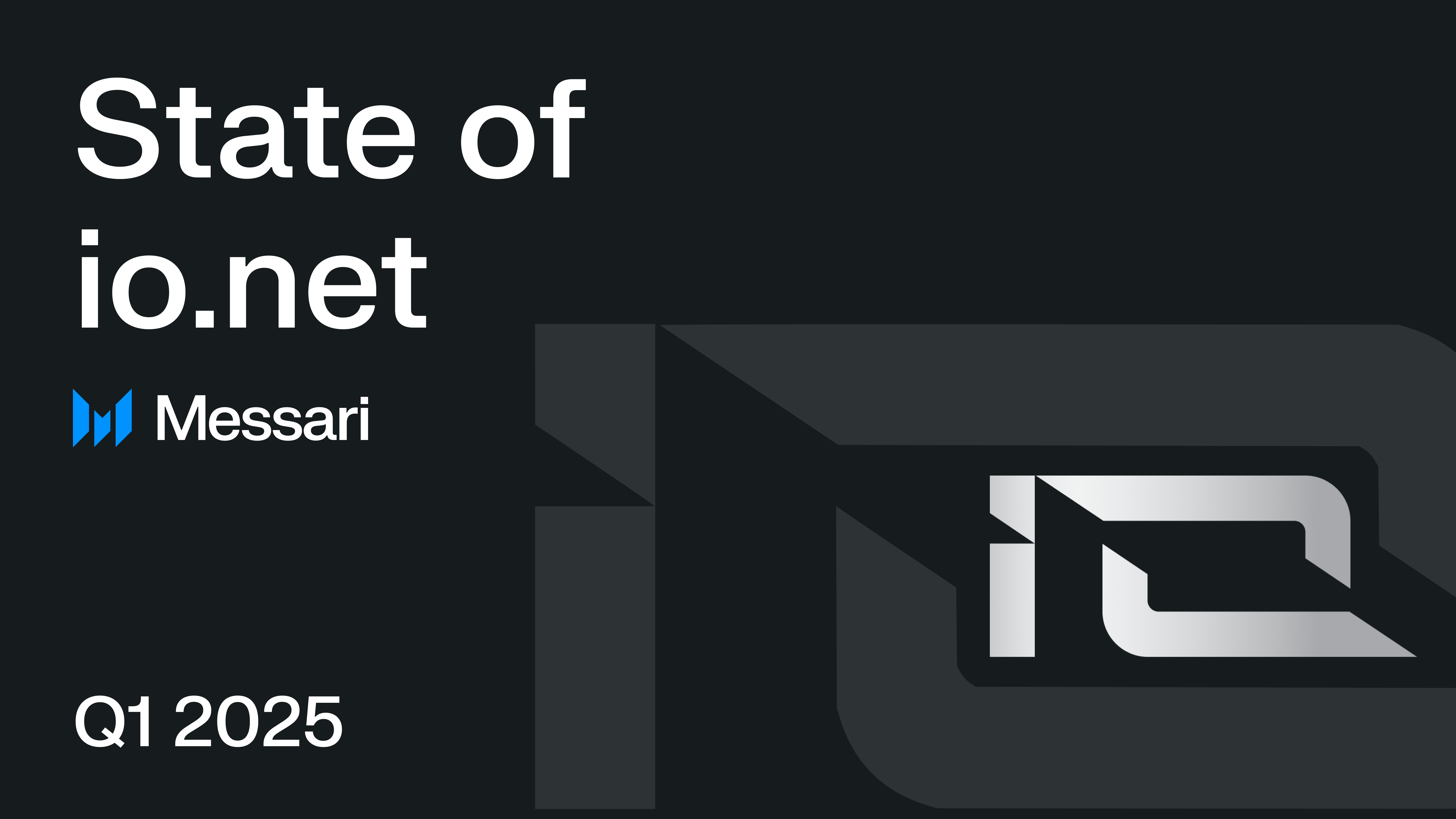Decentralized Infrastructure Projects Disrupt Traditional Industries

Franklin Templeton’s report, ‘DePIN: Traction in Supply & Early Signs of Increasing Demand,’ delves into the burgeoning Decentralized Physical Infrastructure Network (DePin) sector, which is shaking up traditional industries with innovative, token-based incentive models. Projects like Hivemapper and Helium are leading the charge, leveraging mass collaboration to map roads and build wireless networks more efficiently and cost-effectively than their centralized counterparts. Hivemapper, for instance, has mapped 21% of global roads with over 60,000 contributors in just 31 months. Helium has partnered with T-Mobile to expand its 5G network to 13,000 hotspots, offering an unlimited phone plan at a significantly lower cost than traditional providers. However, the report also highlights a critical need for increased consumer demand to ensure the long-term sustainability of DePin projects, as the supply of such services has outpaced demand. With the market capitalization of DePin projects at $47 billion and the recent token listings of Aethir and io.net, there is potential for growth, but attracting a broader user base remains key.
Related News





